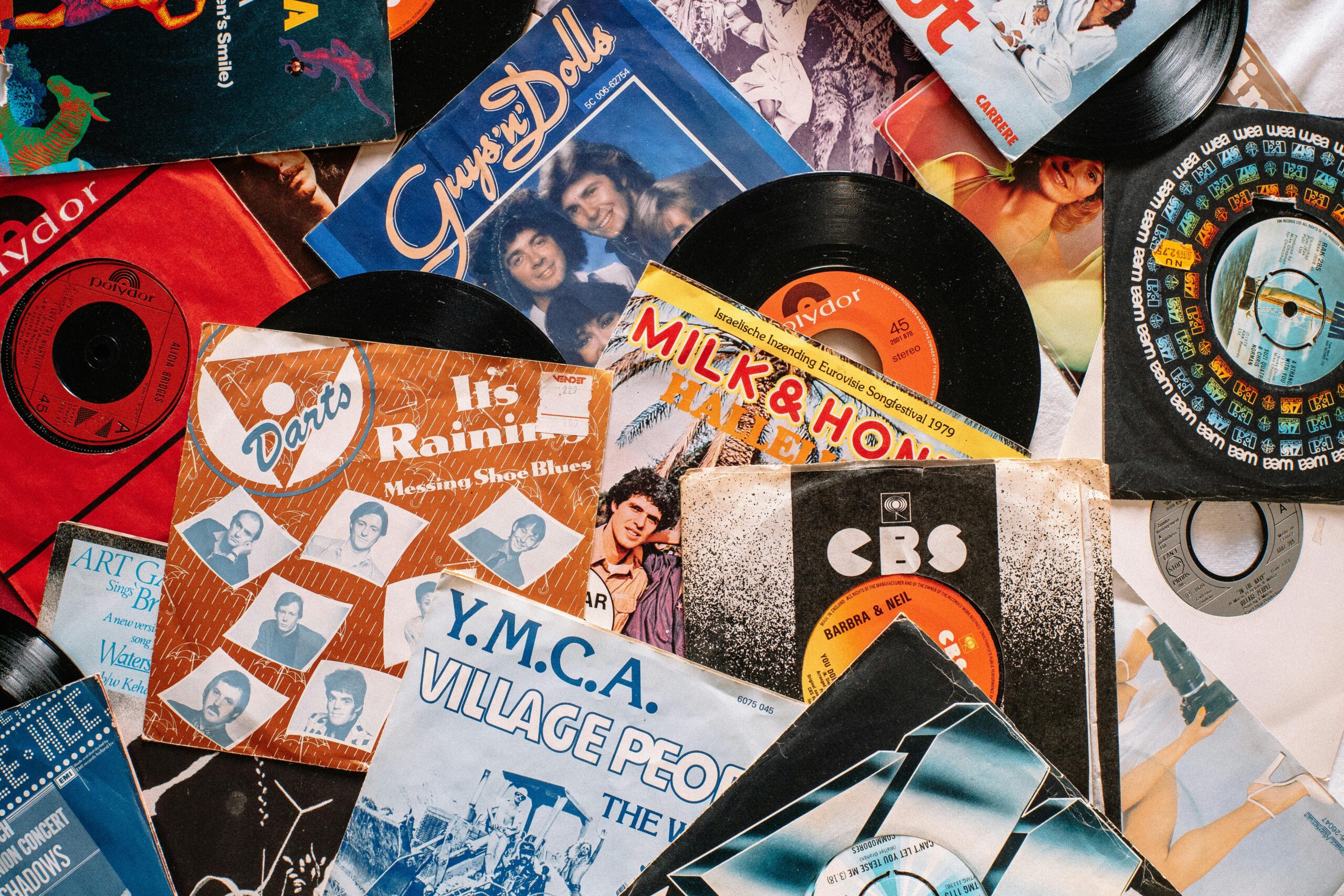Image credits: pexels.com
When you really think of it, why do we feel the need to collect things?
How can hours of searching and spending hard-earned dollars be beneficial – especially for the sake of expanding our collections of things we really don’t need? These are questions I’ve always wondered myself, as the urge to buy anything with a cute face on it is much too hard to resist (from a personal standpoint). Today’s blog post goes out to my fellow blind-box fanatics, vinyl record lovers, antique devotees, and general hoarders: how can collections benefit the mind?
Particularly, my current weakness is Smiskis – little Japanese figurines that come in different themes and poses, but all share an expressionless demeanour. It started with one, then another, and another…until my dorm desk had its own personal army (I even hopped on the Sonny Angel craze at one point but have been able to practice some restraint since). All of this to say, why does the process of collecting things provide such universal satisfaction and bliss?
Pleasure & Collecting: The Oddball Experiment
Shirley M. Mueller of Psychology Today ponders the same phenomenon. The Oddball Experiment, a relative scientific study, mediated the brain activity of its participants – particularly as they viewed “ordinary” objects compared to “extraordinary” ones (Mueller, 2020).
Within their natural responses to the “extraordinary” items, certain regions of the brain linked to pleasure showed signs of stimulation (Mueller, 2020). These results can extend outside of the lab environment – explaining the rewarding feeling we experience when discovering new one-of-a-kind pieces (Mueller, 2020). So, the next time you spot a collectible and have the impulse to just get “one more”, note the interesting correlation between the object’s rarity and your own sense of fulfillment (Mueller, 2020).
New Additions, New Friends
From a social aspect, growing a collection also can enhance relationships and foster new ones! Mueller adds that fixating on a certain niche makes “…[collectors] realize there are certain people like themselves. They may find them independently or join organizations for like-minded people” (2020). Being surrounded by peers of similar fashion can motivate you to elevate your passions, enjoy them more, and find a sense of belonging within these communities – taking the weight off your shoulders from other potential stressors in life. After all, it’s fun!
Anticipation
Finally, Mueller suggests a potentiality which I found the most intriguing and ties back to our first point: “Once the prize in obtained, the pleasure centre quiets” (2020).
Finding a place that has Smiskis in stock is an entire process in itself; many times, they’re sold out within minutes, while overseas shipping takes a good chunk of time. Sure, you can find them online – but it’s typical for resellers to hike up the price due to high demand. That being said, nothing compares to the spike of adrenaline I feel when I see those Smiski boxes in person. After carefully sorting through, choosing, and purchasing the little figurine, the second I open it comes a wave of excitement – “Aw!”. And honestly after that, I place it with the others and feel a little guilty for spending $20 on what’s essentially just plastic. Mueller’s point subsides:
“…the anticipation of the reward is more exciting to our pleasure center than possessing it” (Mueller, 2020).
However, an important thing to note is that this isn’t a bad thing at all. The thrill of collecting is what really matters, and as long as it brings you happiness in your day-to-day life, you deserve to treat yourself with whatever you grow found of (no matter how specific). Our hobbies can give us joy and so many other benefits: pleasure, new connections, a sense of community. Of course, they have their flaws; but at the end of the day, the enjoyment part (and decoration aspect) is key!
References:
Mueller, S. (2020, October 29). Collecting: An Urge That’s Hard to Resist. Psychology Today.
https://www.psychologytoday.com/ca/blog/the-mind-collector/202010/collecting-urge-s-hard-resist
Note: The Free Your Mind Mental Health Society is an independent youth-led organization. The contents of this blog are not intended to be a substitute for professional medical advice, diagnosis, or treatment. Always seek the advice of your physician or another qualified health provider with any questions you may have regarding a medical condition. In the event of a medical emergency, please call your doctor or 911 or other local emergency numbers immediately.



